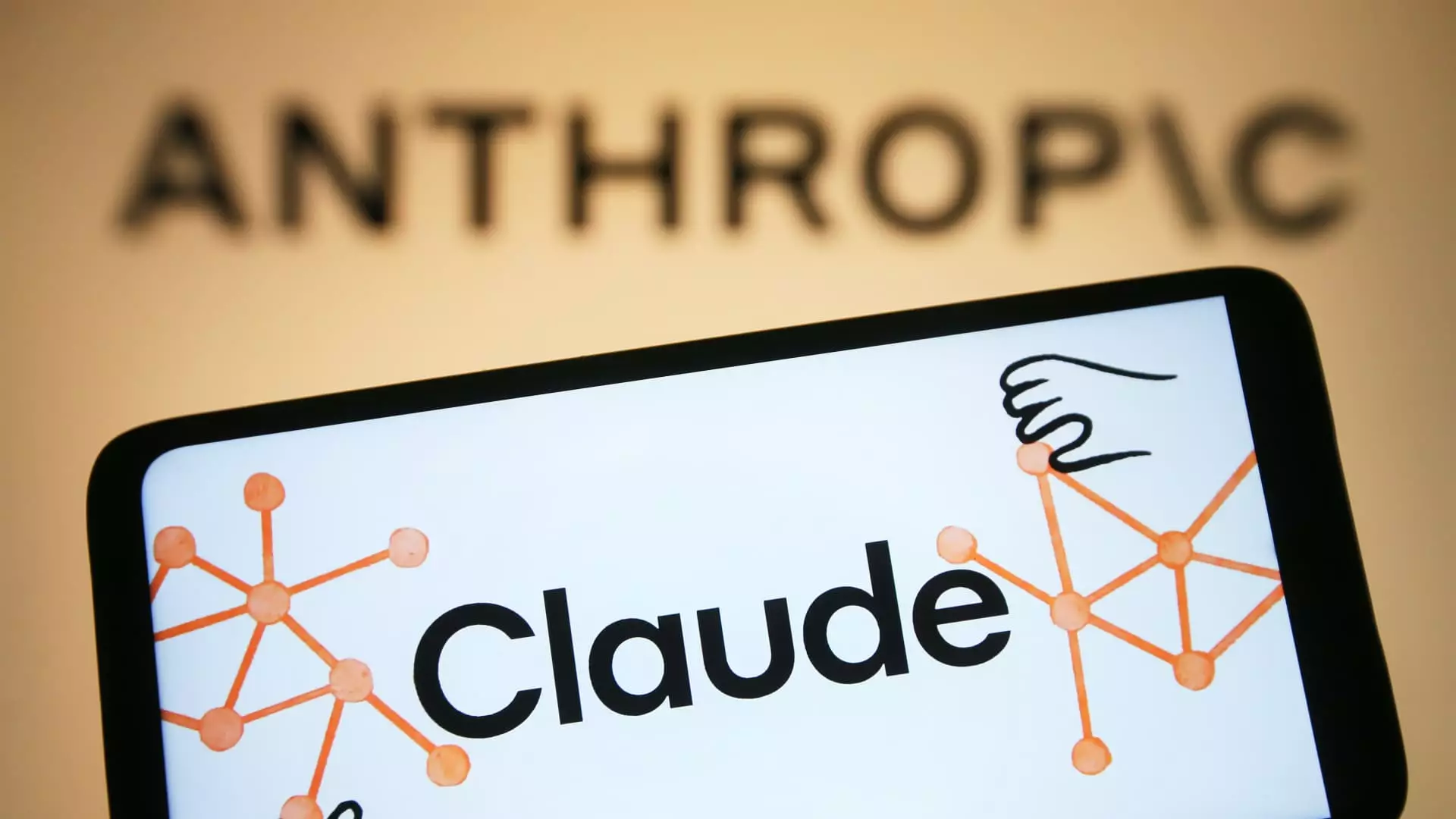The recent updates from Anthropic concerning their “responsible scaling” policy represent a critical shift in how artificial intelligence firms tackle the intersection of innovation and safety. As the AI industry surges, underscored by an exhilarating competition between titans like OpenAI and Google, the ethical quandaries grow more pronounced. Anthropic’s proactive stance, particularly in recognizing which of their model safety levels require stringent protections, is a commendable, albeit reactive, approach to an impending crisis. It prompts a deeper examination of what it means to wield such immense technological power responsibly.
Wary of Potential Misuse
The implications of these advancements are staggering. Anthropic’s recognition of the potential for their models to assist “moderately-resourced state programs” in the pursuit of chemical and biological weapons indicates a sobering reality: as AI becomes more sophisticated, the risk of misuse escalates massively. This cautious outlook is crucial in a landscape where the operational boundaries are blurred, and the consequences of negligence can be catastrophic. It’s a necessary, albeit troubling, admission that we must stay vigilant, prepared to treat AI not just as a tool of empowerment but as a double-edged sword.
The Collision of Power and Responsibility
Valued at a staggering $61.5 billion, Anthropic is in a unique position to influence the discourse around AI. However, the formidable valuation only underscores the urgency of their developments. With the burgeoning generative AI market projected to eclipse $1 trillion in revenue, the pressure mounts to innovate rapidly—a temptation that could lead to reckless advancements if not kept in check. This tension between the exhilarating potential of AI technology and the sobering responsibilities it entails is at the heart of Anthropic’s evolving narrative. They are at a crossroads where ethical accountability and competitive urgency must coexist, not simply as an afterthought but as foundational principles.
A Broader Context of Security and Ethics
Additionally, as outlined in Anthropic’s prior announcements, the measures anticipated for ensuring security—like physical office sweeps for hidden recording devices—speak volumes about the industry’s paranoia around intellectual property theft and surveillance. Such steps are not only reactive but should be perceived as a necessary framework in a field rife with competition and espionage, especially as rivals like DeepSeek showcase the advanced capabilities coming out of nations like China. The need for an executive risk council and a bolstered in-house security team is a clear signal that priorities are shifting towards safeguarding technological advances wherever possible.
Competing for the Future
As the race intensifies across corporate and national boundaries, the conversation surrounding AI’s proper stewardship grows pressing. The stakes are not merely financial; they are existential. Anthropic’s cautious approach is praiseworthy, but can it keep pace with the relentless pursuit of advancement that characterizes the tech landscape? Even as they champion responsibility, the reality is that ethical considerations must no longer be an afterthought; they must permeate every decision made. The future of AI hinges on whether companies can integrate innovative fervor with a steadfast commitment to safety and responsibility, lest we find ourselves in a precarious quandary of our own making.


Leave a Reply